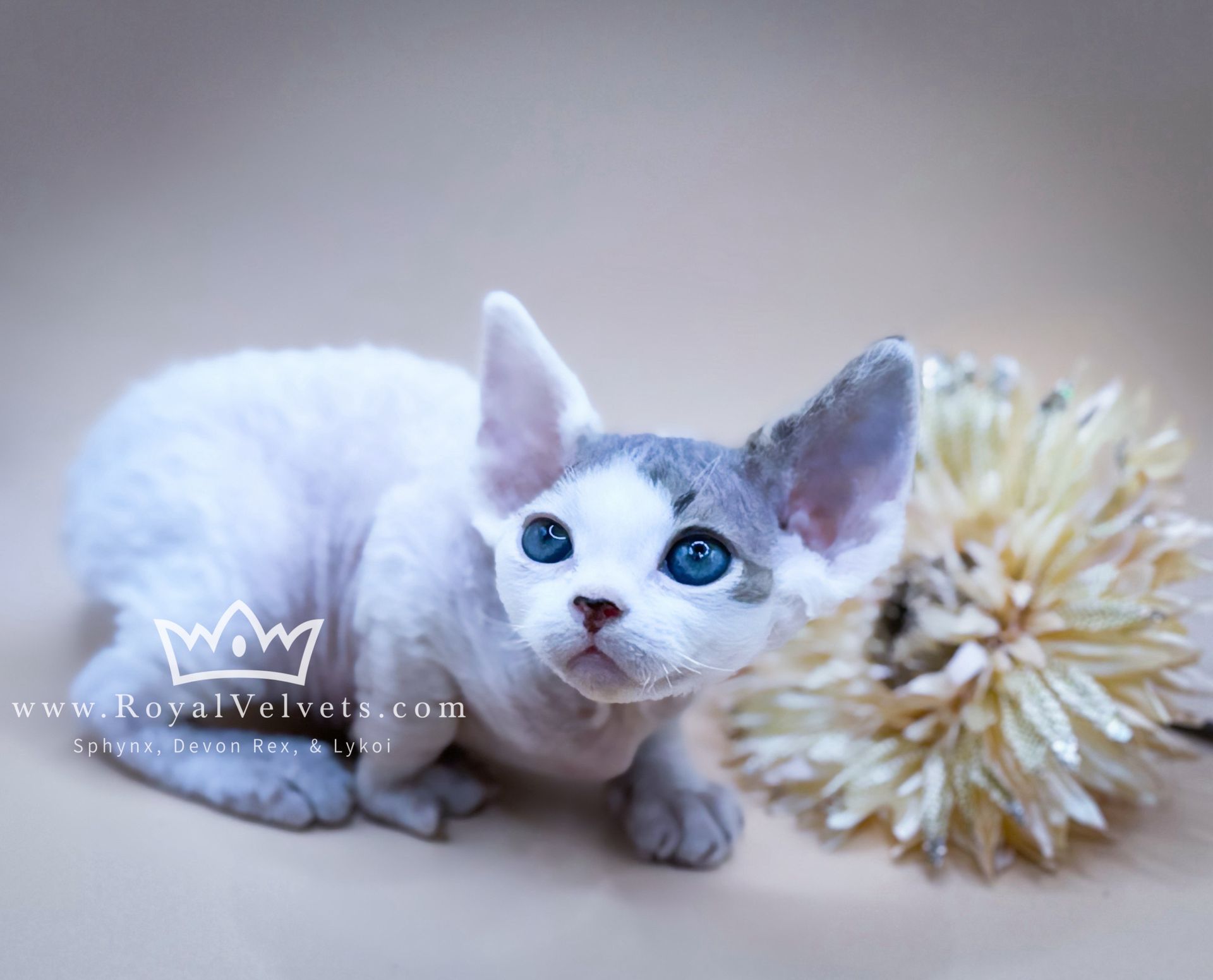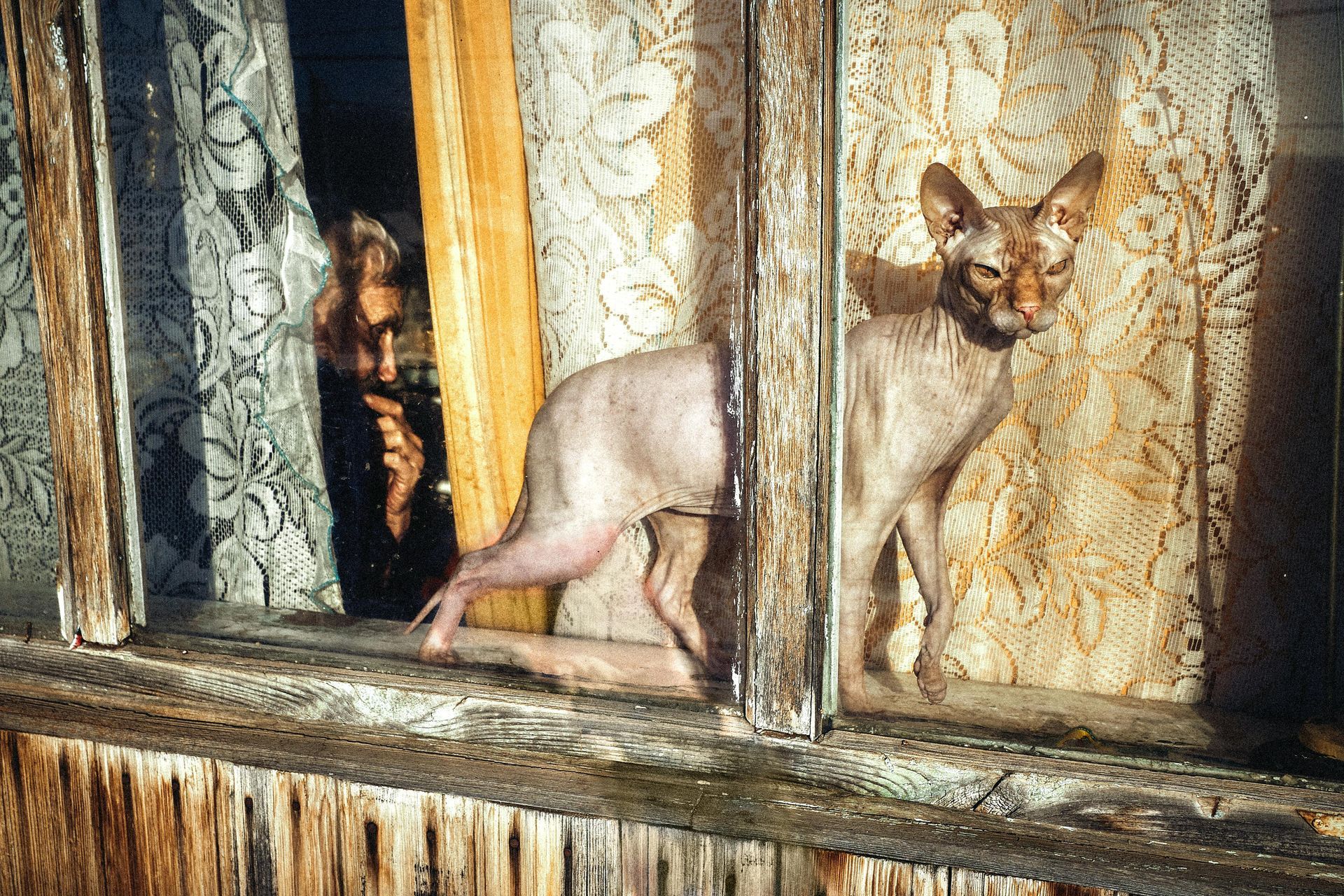If you've ever found yourself puzzled by your feline friend's litter box boycott, you're certainly not alone. Here in Spring City, TN, even amidst the tranquility that envelops our cattery, we've encountered our fair share of litter box conundrums. Whether you hail from the vibrant heart of Nashville, Knoxville, Chattanooga, or the serene landscapes that embrace our cattery, understanding your cat's litter box habits is pivotal. It's the first step toward fostering a harmonious living environment, where the air is filled with nothing but purrs and contentment.
Understanding Cat Behavior and Litter Box Basics
When cats sidestep their litter boxes, it's a glaring red flag that something's off-kilter. This deviation from the norm can spring from a myriad of sources – from the straightforward displeasure of a soiled box to the intricate web of health concerns. Stress, an all-too-common antagonist, can be triggered by the slightest of shifts within their domain – be it the introduction of a new feline cohort or a seemingly innocuous rearrangement of furniture. Piecing together this puzzle necessitates a keen eye for behavioral shifts and an unwavering dose of patience.
Breed-Specific Insights
The Enigmatic Sphynx
The Sphynx, with their captivating aura of naked elegance, harbor a preference for pristine cleanliness, thanks in part to their furless charm. Their exposed skin makes them more susceptible to the discomforts of an unkempt litter area. In our nurturing confines, we've honed the art of catering to their predilections – employing softer, more forgiving litters and adhering to a regimented cleaning schedule. For those mulling over a Sphynx adoption, rest assured, these captivating creatures come with a well-tutored penchant for hygienic bathroom routines.
The Loyal Lykoi
The Lykoi, cloaked in their mystique, command a litter box that respects their need for solitude and quietude. Their robust personalities often demand a litter sanctuary that's shielded from the hustle and bustle, mirroring the serene alcoves we've crafted for them here. Prospective Lykoi guardians should heed this call for tranquility, ensuring their litter setup is a bastion of peace.
The Spirited Devon Rex
The Devon Rex, with their sprightly demeanor and boundless curiosity, seek amusement even in the mundane. A litter box that remains static is no friend to their adventurous spirits. Our cattery has mastered the delicate dance of keeping their litter zones enticing, occasionally ushering in novel toys or tweaking the arrangement, much to their delight. This ethos of engagement is seamlessly transferrable to any residence, ensuring your Devon Rex remains both amused and compliant.
Practical Solutions for Common Litter Box Issues
Navigating the complexities of litter box training and maintenance can often feel like a tightrope walk. But fear not! With a few strategic moves, you can ensure your feline friend's litter box habits remain impeccable, paving the way for a harmonious living situation. Here's a more detailed look at some tried-and-true strategies.
1. Litter Box Hygiene: The Cornerstone of Contentment
Keeping the litter box spotlessly clean is non-negotiable. Cats are fastidious creatures by nature, and a neglected litter box could prompt them to seek alternative locations. Daily scooping is a must, and a full litter change coupled with a thorough wash of the box should be on your weekly to-do list. Consider using mild, cat-friendly detergents to avoid any off-putting scents.
2. The Right Box and Litter Combo
Not all litter boxes and litters are created equal, especially when it comes to the discerning tastes of breeds like the Sphynx, Lykoi, and Devon Rex. Some cats prefer the privacy of a covered box, while others might feel trapped and opt for an open one. Similarly, the type of litter can make a world of difference—clumping, non-clumping, clay-based, crystal, or even plant-based options are available. Observe your cat's preferences and be willing to experiment until you find the perfect match.
3. Strategic Placement Matters
The litter box should be stationed in a quiet, accessible corner of your home, away from bustling activity and noise. Avoid placing it near feeding areas or too close to appliances that could startle your cat, like washing machines. For multi-level homes, consider placing a litter box on each floor to ensure your cat has easy access whenever nature calls.
4. Stress Reduction Techniques
Stress is a common trigger for litter box avoidance. Maintaining a stable environment, providing ample playtime, and ensuring your cat has cozy hideaways can significantly reduce stress levels. If you've recently moved or introduced new pets into the household, give your cat time to adjust, offering extra comfort and reassurance during the transition.
5. Addressing Behavioral and Medical Issues
Sometimes, litter box issues stem from underlying behavioral or medical concerns. If your cat suddenly changes their litter box habits, a vet check-up is in order to rule out possible health issues. For behavioral challenges, consider consulting a cat behaviorist who can offer personalized strategies tailored to your cat's needs and your specific home environment.
6. Positive Reinforcement Goes a Long Way
Reward your cat for using the litter box correctly with treats, affection, or playtime. Positive reinforcement can reinforce good habits and make the litter box experience a positive one. Avoid punishing your cat for accidents, as this can lead to increased stress and exacerbate the problem.
By incorporating these solutions, you'll not only address the immediate concerns but also foster a deeper understanding and bond with your cat. Remember, patience and consistency are your best allies in this journey.
Creating a Cat-Friendly Home
Carving out a sanctuary that speaks to your cat's soul, adorned with towering perches and secluded nooks, can transform your home into a feline paradise. Remember, a cat at ease is one less likely to forsake their litter box.
Embracing a cat into your home is to welcome a wellspring of joy and companionship. Navigating the intricacies of litter box etiquette is but a facet of this enriching journey. If the allure of a Sphynx, Lykoi, or Devon Rex tugs at your heartstrings, know that these breeds, with their tapestry of needs and quirks, flourish in environments where their voices are heard and heeded. Our Spring City sanctuary stands as a testament to this philosophy, a philosophy we're eager to share with you. As you contemplate opening your doors to a new whiskered companion, remember, we're here to illuminate the path to a seamless union.
Frequently Asked Questions
Will special litter boxes help with litter box aversion in breeds like Sphynx, Lykoi, and Devon Rex?
Absolutely. For breeds with specific needs like the Sphynx, Lykoi, and Devon Rex, certain litter box features can be more appealing. Covered boxes might offer privacy for shy cats, while self-cleaning boxes can be a boon for those who demand utmost cleanliness, such as the meticulous Sphynx.
How can I tell if my cat's litter box aversion is due to stress from environmental changes, like moving to a new home?
Signs of stress-induced litter box aversion include sudden avoidance of the litter box following a move or change in the household. Cats might also display other stress behaviors, such as increased hiding, decreased appetite, or vocalization. Gradual acclimation to the new environment and maintaining a routine can help ease their stress.
Can the type of litter impact my cat's willingness to use the litter box, and how often should I experiment with different types?
Yes, the litter type can significantly impact a cat's litter box use. Some cats prefer fine-grained litters that more closely mimic natural sand, while others might prefer unscented over scented varieties. It's wise to experiment slowly, introducing new litter types gradually and observing your cat's response before making a complete switch.
What role does the location of the litter box play in preventing inappropriate urination in my home?
The litter box location is crucial. It should be in a quiet, low-traffic area where your cat feels safe and undisturbed. Avoid placing it near noisy appliances or in areas that are difficult to access. Sometimes, simply moving the litter box to a more favorable location can resolve avoidance issues.
How do I address litter box issues with a newly adopted Sphynx, Lykoi, or Devon Rex from your Spring City cattery, especially when integrating them into a home with existing pets?
Introducing a new cat to your home, especially one with existing pets, requires patience and careful planning. Start by providing the new arrival with their own space, including a separate litter box, to establish a sense of security. Gradually introduce them to the existing pets under controlled conditions, ensuring positive interactions. Consistency, positive reinforcement, and patience are key during this transition period.


